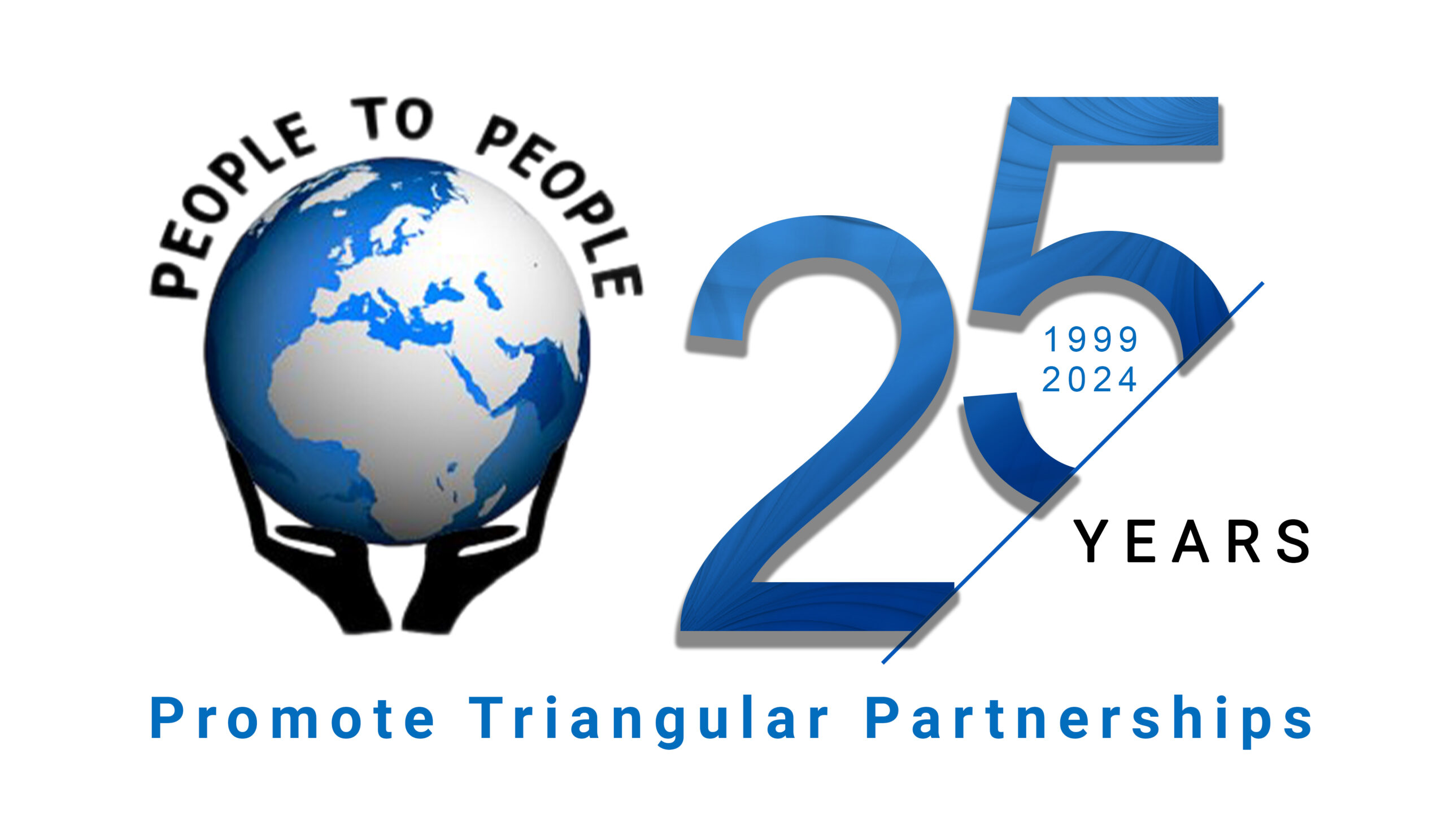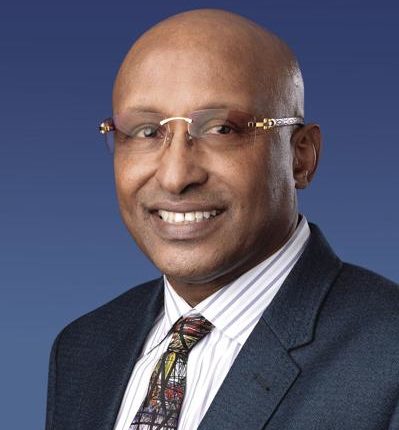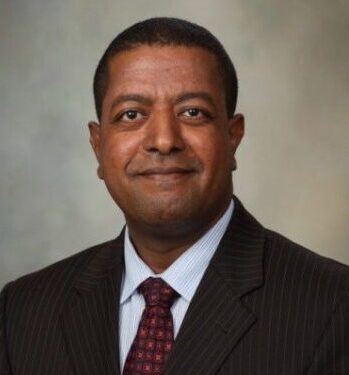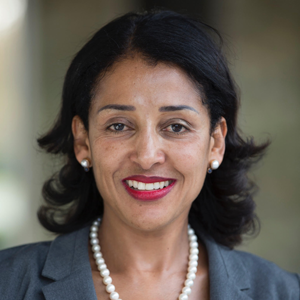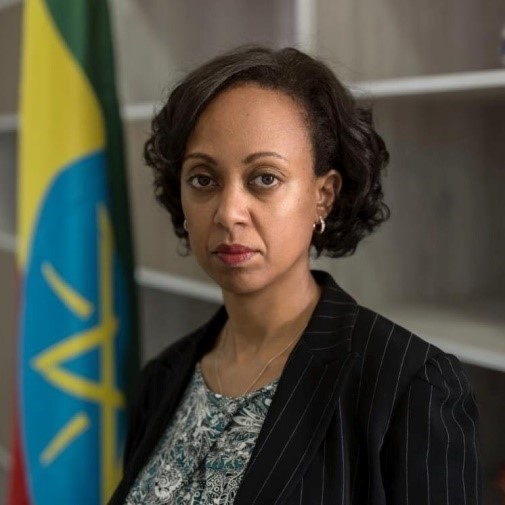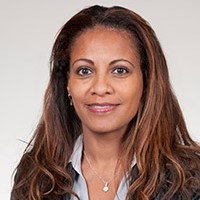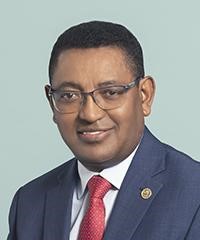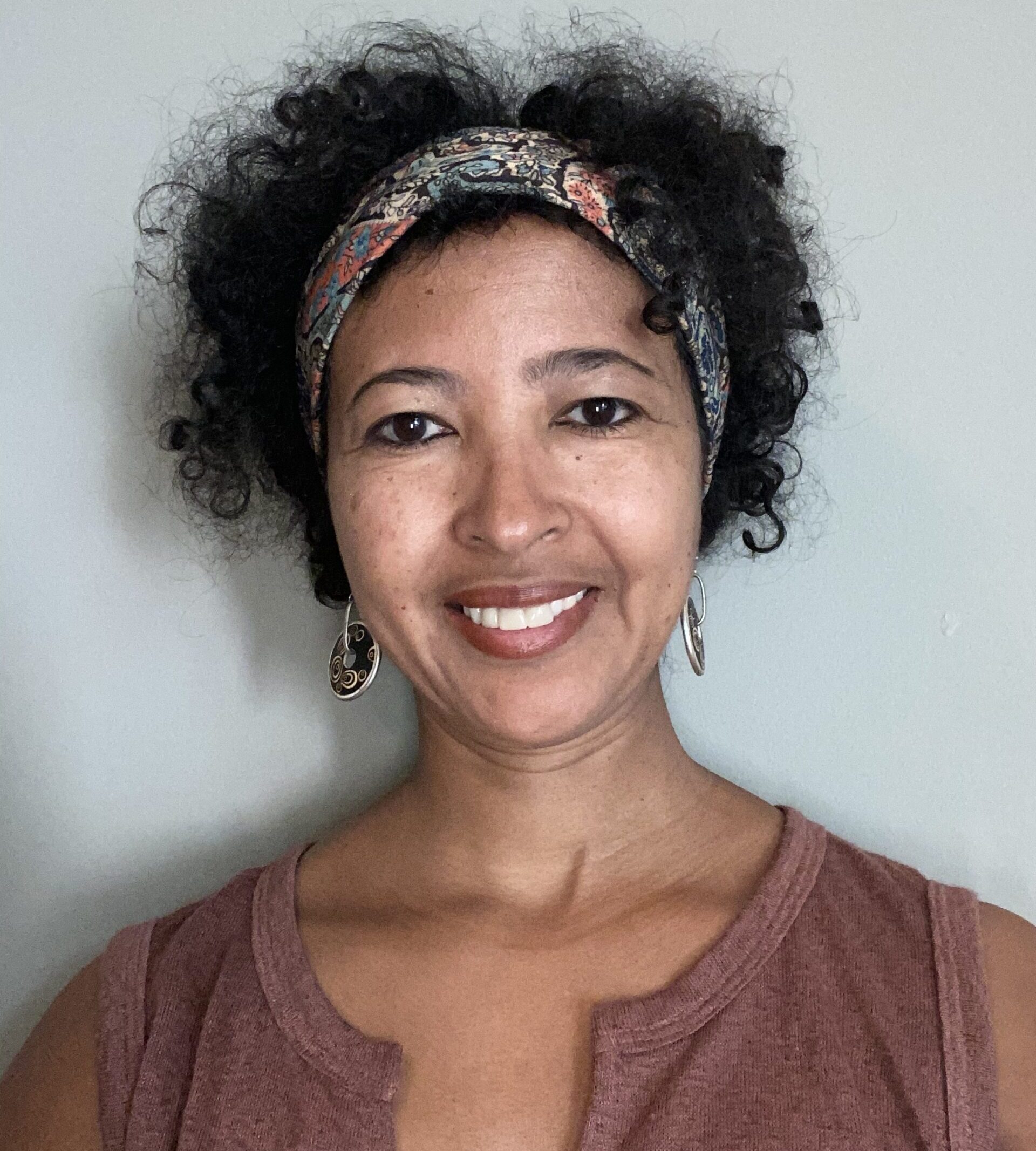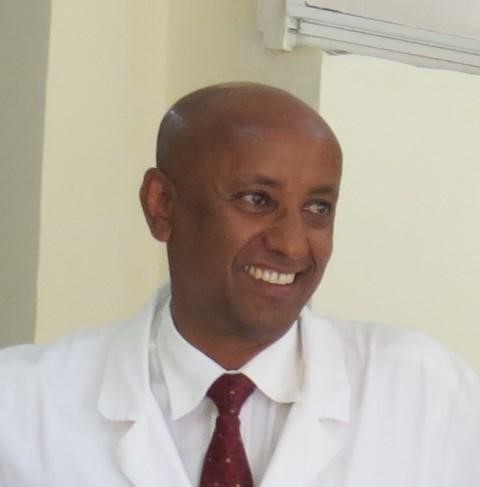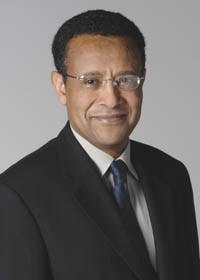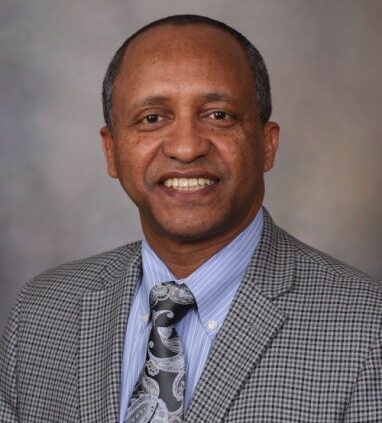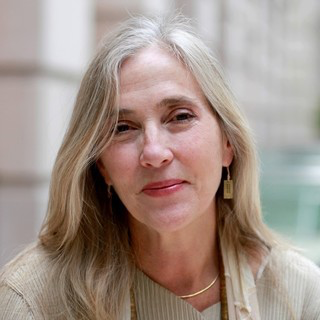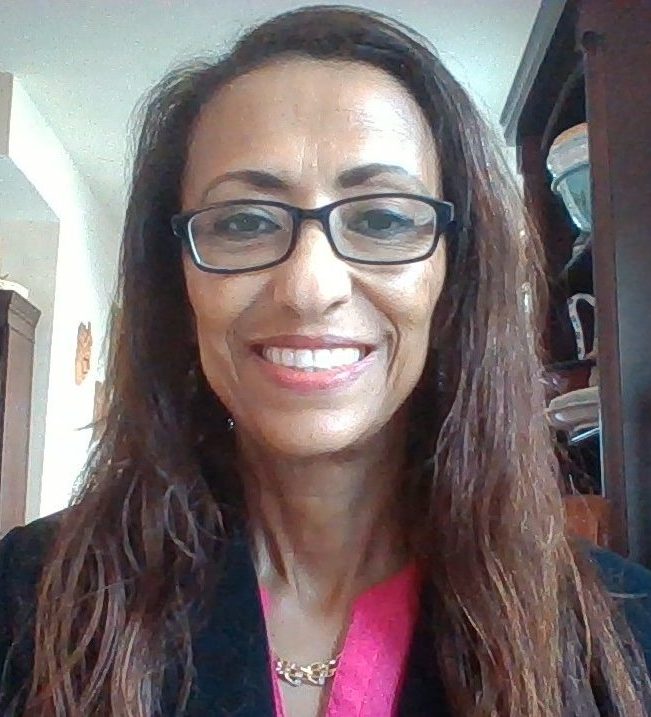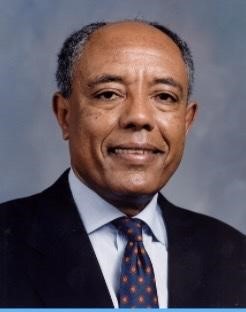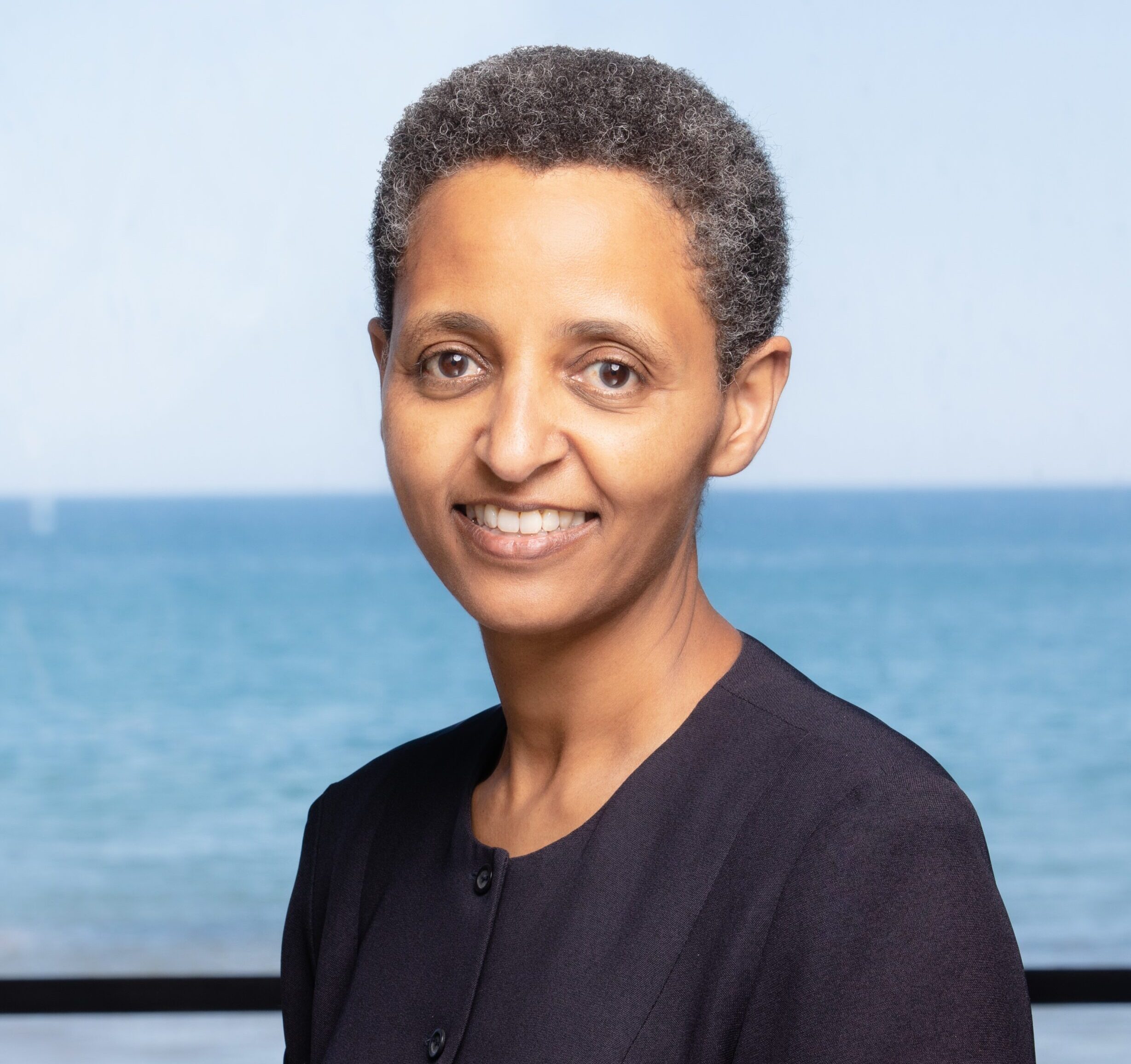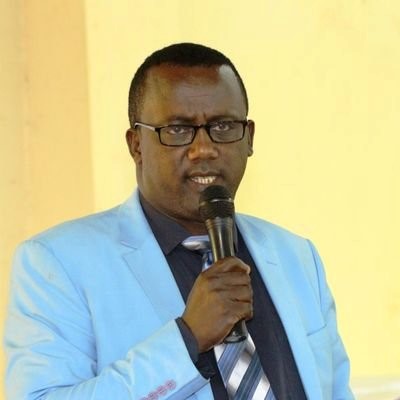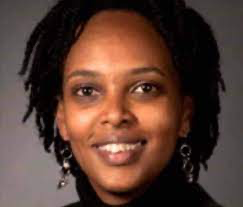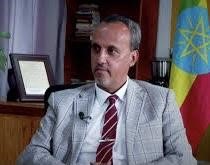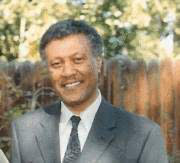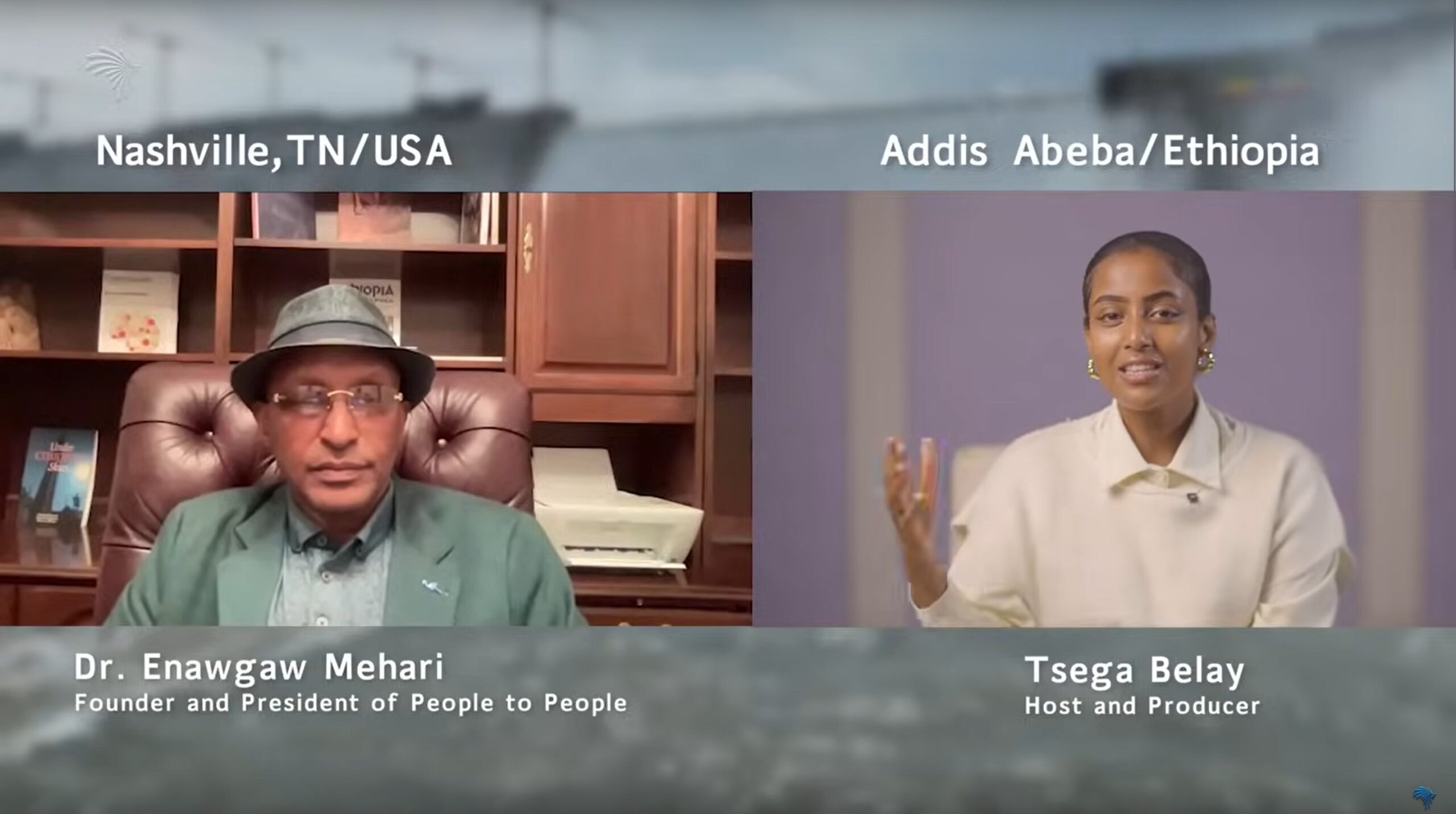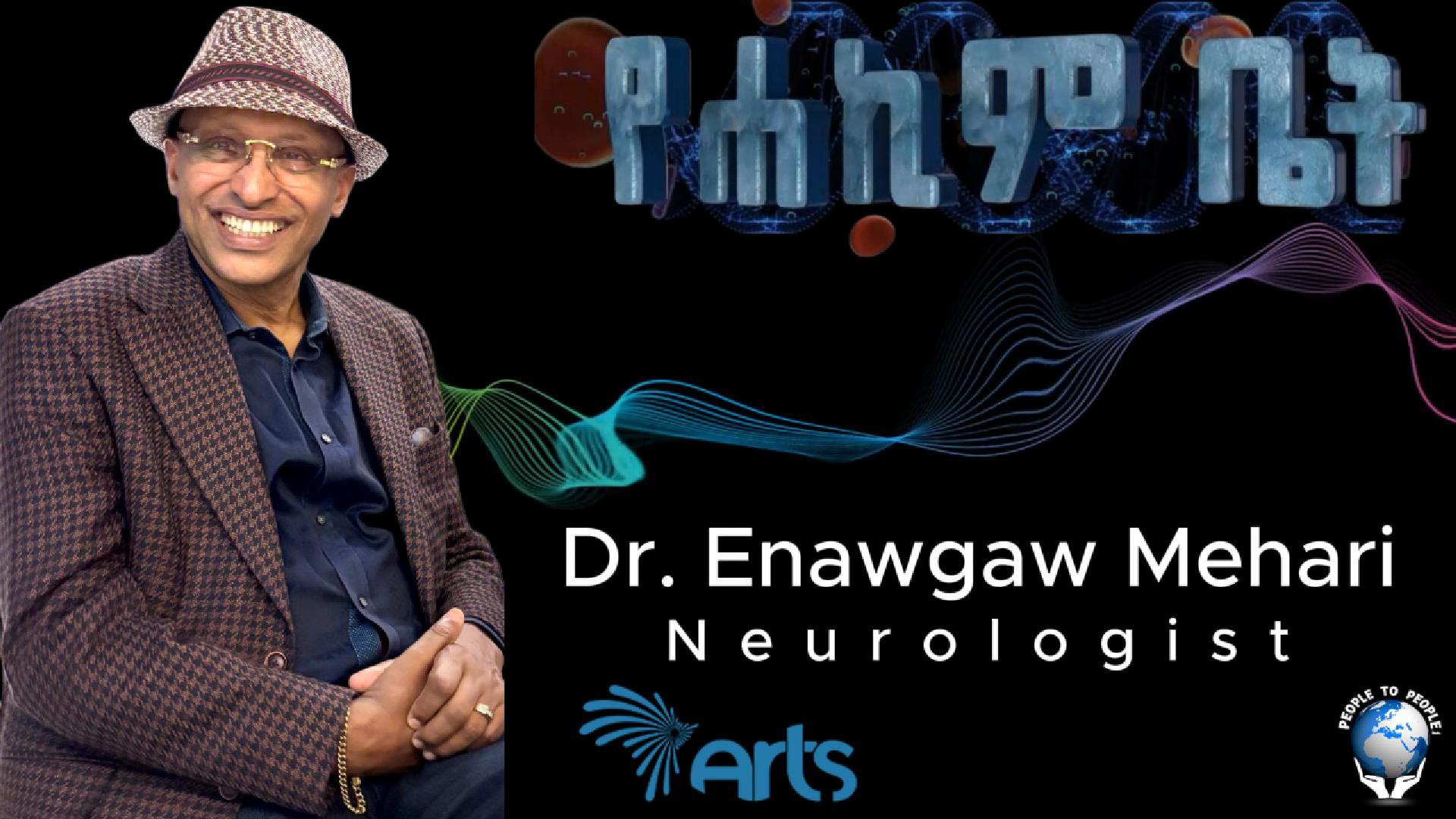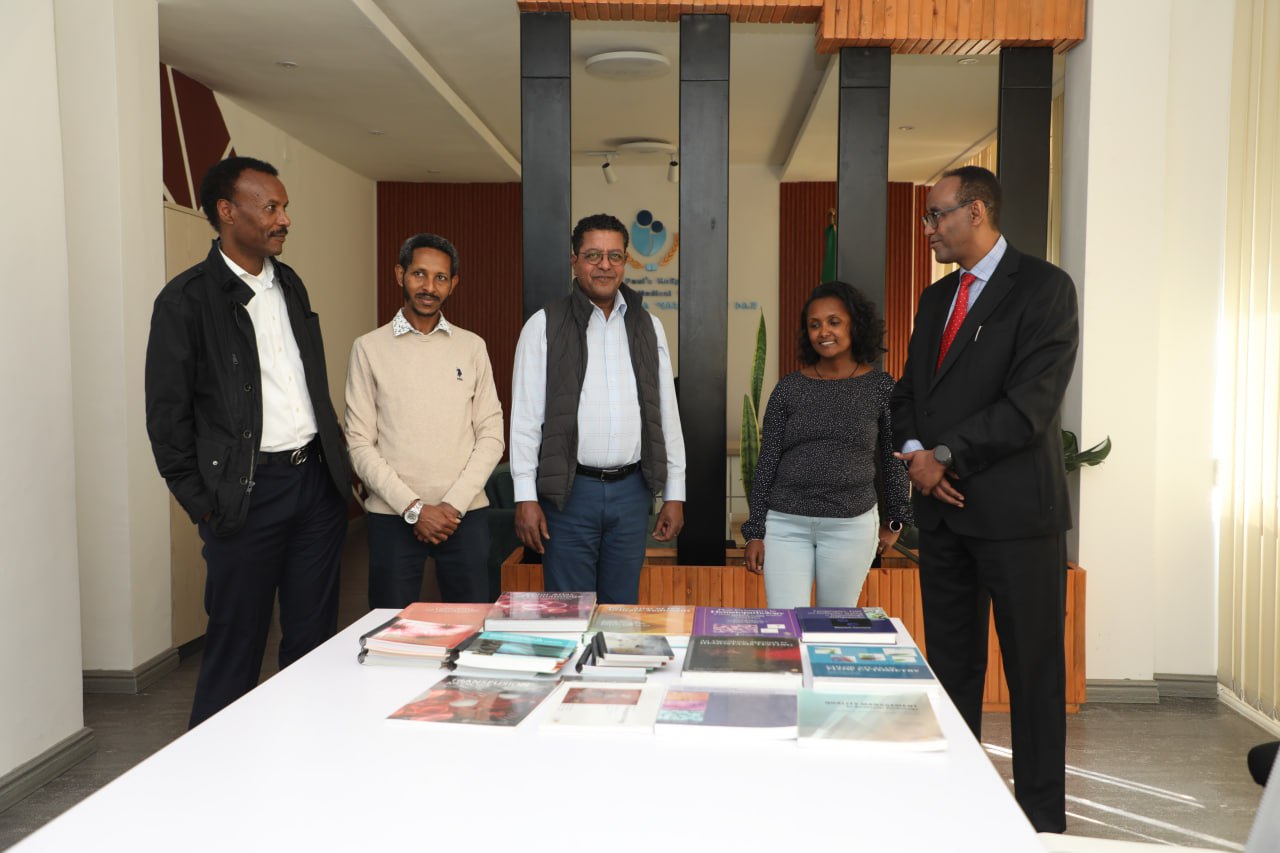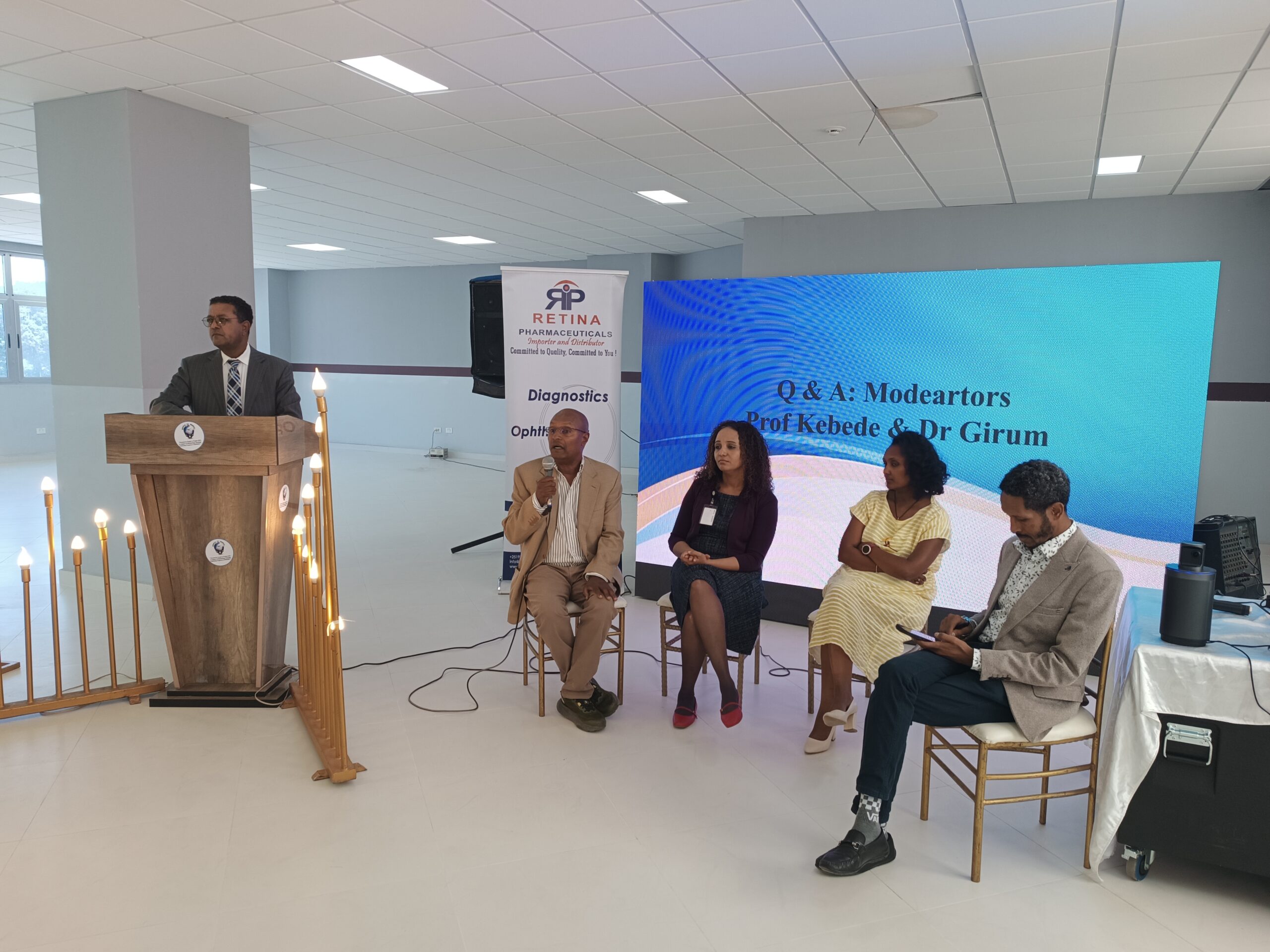Enawgaw Mehari, MD
President/Founder, P2P
Dr. Enawgaw Mehari has a distinguished reputation for leadership in healthcare, most notably as founder and president of People to People, Inc., which has been in existence for approximately twenty-five years. He is also internationally recognized as an expert in neurology, pain management, and Neuro-AIDs. He earned his medical degree from Comenius University in Czechoslovakia, completed his neurology residency at the University of Kentucky, finished his fellowship in pain management and neurophysiology at Case Western University in Cleveland, and completed a fellowship at Washington University in St. Louis, in Neuro-AIDs. Enawgaw has published in refereed journals, book chapters, Triangular Partnership the power of the diaspora ( book ), Introduction to Clinical Neurology and Manual of Ethiopian Medical History.
Dr. Mehari through his p2p leadership has been instrumental in the establishment of Neurology residency program, Emergency Medicine Residency program at Black Lion Hospital, and Social Work Master /PhD program at AAU.
In 2005, He founded the People's’ Free Clinic in Morehead, Kentucky, to provide free healthcare for the working poor.
In 2006, Dr. Mehari won a distinguished service award from the Society of Ethiopians Established in the Diaspora (SEED), and in 2007, he was nominated as a CNN Hero— awarded by the cable network to everyday people around the globe who have made a major impact in the world. In addition, he was awarded a Humanitarian Award by the Black Hall of Fame, and the 2010 Patient Advocate award by the American Academy of Neurology.
He has been granted the highest commendation by the Kentucky Governor’s office, Senate of the State of the Commonwealth of Kentucky. He has been commended by the US House of Congress and was awarded the Abebe Bikila Award by Bikila Organization for his working community service.
Dr. Mehari is a diplomat of the American Board of Psychiatry, a diplomate of Neurology, Inc., and a member of the American Board of Medical Specialties. He is an adjunct Clinical Professor of Neurology at Meharry School of Medicine, PikeVille University, AAU and Bahir Dar University. His other engagements include chairman of the diaspora health care and higher education advisory council, and founding member and board director for both ARTS TV and Arif Pay Financial Institute.

